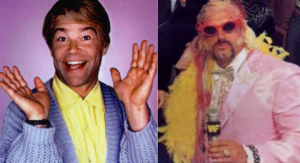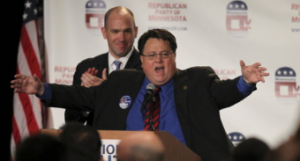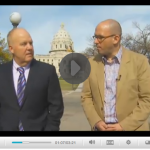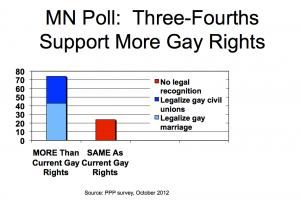 One politically interesting aspect of the marriage ban amendment on Minnesota’s ballot this November is the potential Lutheran Effect.
One politically interesting aspect of the marriage ban amendment on Minnesota’s ballot this November is the potential Lutheran Effect.
Even if we didn’t have Garrison Keillor to constantly remind us, it’s no secret that Minnesota has a lot of Lutherans. Wikipedia tells me that something like a million Minnesotans are Lutheran (24% of the state), with 81% of Minnesota worshiping under the banner of the Evangelical Lutheran Church of America (ELCA), which is much more progressive than the Missouri Synod brand of Lutherans.
In fact, Minnesota has one of the highest percentages of Lutherans of any state in the nation. The religious landscape in Minnesota is vastly different than it is in, say, North Carolina, which recently was the latest in a long line of states to pass a marriage ban amendment. Luternans are 24% of the population in Minnesota, but just 2% in North Carolina.
All of this raises the question: What impact will Minnesota’s Lutheran-heavy religious landscape have on the marriage ban amendment Republicans have put on Minnesota’s November ballot.
Relatively speaking, the Lutherans are progressive on the issue of gay rights. Four synods of the local ELCA-ers recently formally opposed the Minnesota marriage ban amendment pushed by Minnesota’s social conservatives, and I don’t think the votes were close.
Lutheranophile Garrison Keillor observes:
“Lutherans…are the sort of people you could call up when you’re in deep distress. If you’re dying, they’ll comfort you. If you’re lonely, they’ll talk to you. And if you’re hungry, they’ll give you tuna salad.”
And if you’re discriminated against?
This charitable attitude looks to be even stronger among young Lutherans. For instance, a popular song among Lutheran youth, “Party in the ELCA” (a parody of Miley Cyrus’s “Party in the USA”) has the following lyrics:
“We’re coming as we are (sinners and saints),
Doesn’t matter if you’re straight or gay.
YEAH! It’s a party in the ELCA!
”
“Doesn’t matter if you’re straight or gay,” indeed. This “Party in the ELCA” is not exactly the type of religious party the Minnesota Republican Party is hoping for on Election Day 2012.
And it’s not just the Lutheran Effect. It’s now also the Methodist Effect. Over the weekend, the Methodists just took basically the same position as the ELCA. Methodists make up another 4% of Minnesotans, making them the fourth largest denomination in Minnesota, just behind the Baptists at 5%.
And what about Catholics, who are almost tied with Lutherans as the top religion in Minnesota, claiming 25% of the population? Can we presume that Minnesota Catholics want to ban gay marriage?
Yes, but it’s not as overwhelming as some might think. If Minnesota Catholics are anything like national Catholics, 46% of national Catholics support gay marriage, rapidly trending upwards from 40% in 2007.
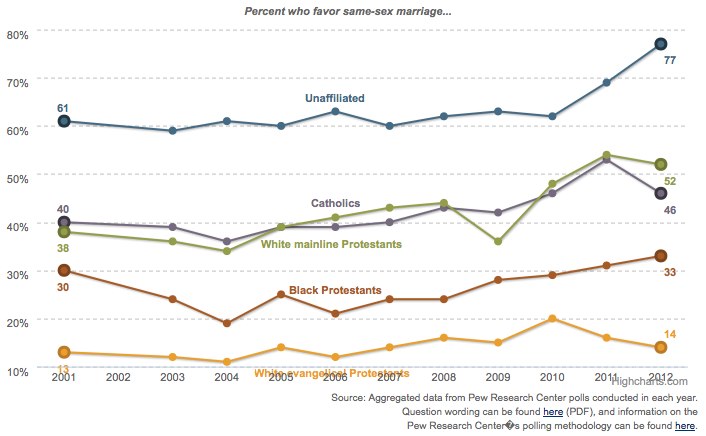
Hmmm, the times are changing for Catholics too? “Doesn’t matter if your straight or gay? It’s a party in the Opus Dei?”
Many Minnesota social conservatives seem to make the mistake of assuming that the marriage ban amendment debate is a strictly battle of the religious versus the irreligious, and that they will therefore easily win because the irreligious are so few (14% in Minnesota).
But increasingly, religious Minnesotans – looking to the empathetic teachings of the Golden Rule and the tolerance teachings of the Sermon on the Mount – are opposing gay bashing schemes like the proposed marriage ban amendment.
– Loveland
Note: This post also was featured as a “best of the best” on Minnpost’s Blog Cabin feature.

